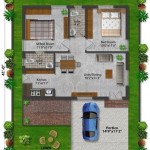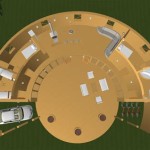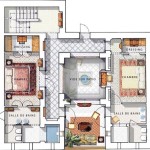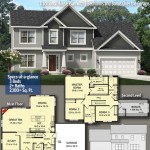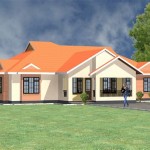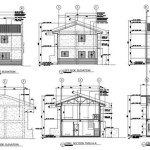Universal Home Plans: Essential Aspects for Accessibility and Inclusivity
Universal home plans are designed with the principles of accessibility and inclusivity in mind, ensuring that everyone, regardless of age, ability, or disability, can live comfortably and safely within the home. These plans prioritize features that promote ease of movement, adaptability, and safety for all occupants.
When considering a universal home plan, there are several key aspects to keep in mind:
1. Barrier-Free Access
Universal home plans eliminate physical barriers that could hinder movement. This includes features such as:
- Wide doorways and hallways to accommodate wheelchairs and other mobility aids
- Ramps or gradual slopes instead of stairs for access to different levels
- Roll-in showers with grab bars and built-in seating
- Lever handles on doors and faucets for easier use
2. Adaptability and Flexibility
To meet the changing needs of occupants, universal home plans offer adaptability and flexibility. This allows for modifications to be made over time without compromising the home's functionality. Some examples include:
- Modular designs that allow for easy room reconfiguration
- Adjustable height countertops and sinks for various user heights
- Open floor plans to maximize flexibility and ease of movement
- Smart home technology for automated controls and remote access
3. Safety and Comfort
Universal home plans prioritize safety and comfort for all occupants. This encompasses features such as:
- Non-slip flooring and ramps to prevent falls
- Wide hallways and turning radii to allow for easy movement
- Adequate lighting throughout the home for visibility
- Emergency call systems for assistance in case of need
4. Universal Design Principles
Universal home plans adhere to universal design principles, which emphasize inclusivity and accessibility for individuals with diverse needs. These principles include:
- Equitable use: Designs are accessible and usable by everyone
- Flexibility: Designs can be adapted to changing needs
- Simplicity and intuition: Designs are easy to understand and use
- Sensory considerations: Designs account for sensory sensitivities
5. Benefits of Universal Home Plans
Universal home plans offer numerous benefits, including:
- Improved quality of life for all occupants
- Increased safety and independence for individuals with disabilities
- Reduced risk of injuries and falls
- Increased home value and desirability
- Compliance with accessibility regulations and guidelines
Conclusion
Universal home plans play a crucial role in creating inclusive and accessible living spaces for individuals of all abilities. By incorporating barrier-free access, adaptability, safety, and universal design principles, these plans ensure that everyone can enjoy the comfort and convenience of a home that meets their unique needs.
When designing or selecting a universal home plan, it's essential to consult with professionals, such as architects or accessibility specialists, who have expertise in creating inclusive living environments. They can guide the design process to ensure that the home meets the specific requirements and preferences of the occupants, resulting in a home that is both functional and aesthetically pleasing.

Accessibility Designed Into The Home

Universal Design Plan With Great Room 69337am Architectural Designs House Plans

De Jong Dream House Embrace Universal Design On The First Floor

House Plans For Disabled Re Independence And Quality Of Life

2 Jpg

Homes Universal Design

Universal Home Design With Angles And Extras Plan 6790

5 Jpg

Universal Design Smart Homes

Minimalist Floor Plans With Porches Houseplans Blog Com

